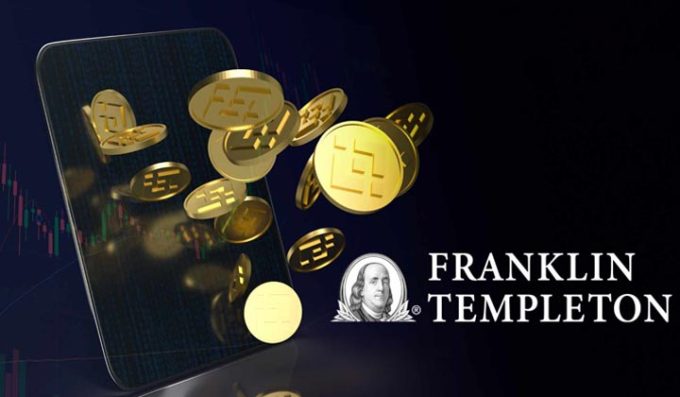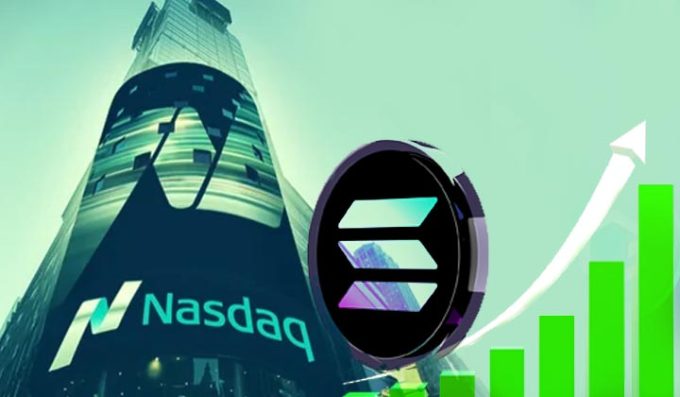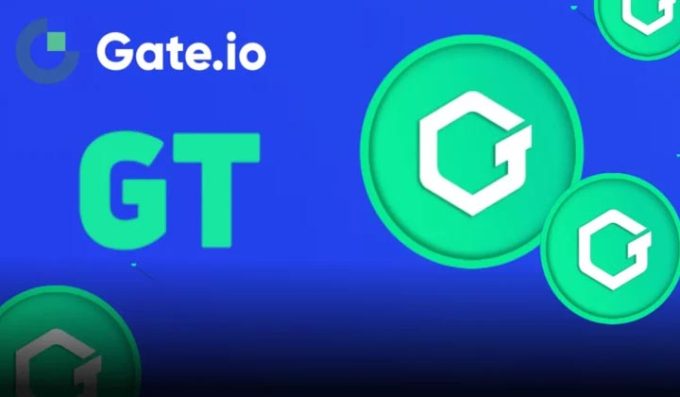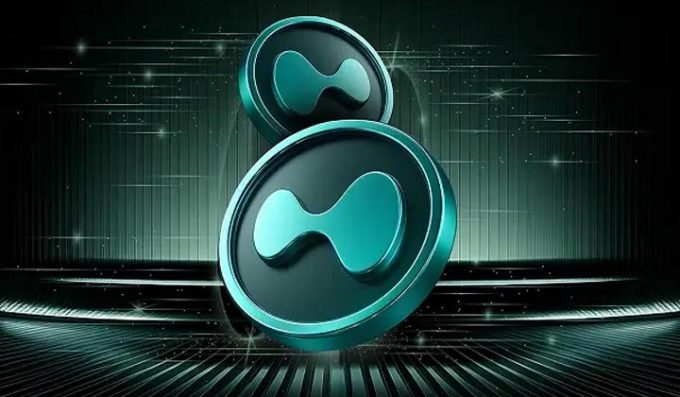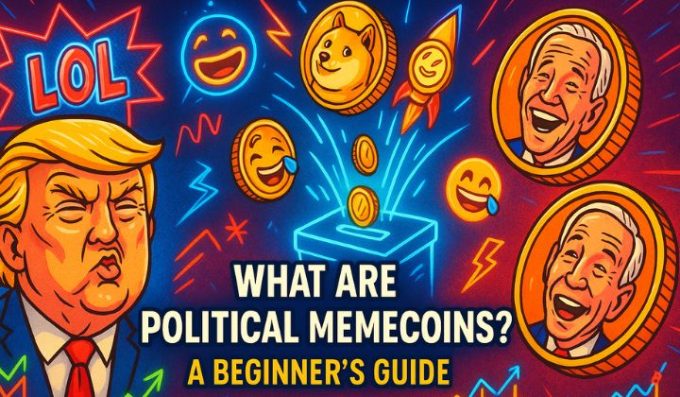Demystifying Utility NFT
By Ruchi Sharma
NFTs are often thought of as investments or collectibles, however, certain tokens have special uses beyond trading and collecting. Because utility NFTs offer a variety of benefits, including real-world advantages like access to a live event, additional powers in games, and membership in websites or organisations, the cryptocurrency community is embracing them.
How Utility NFTs Work?
Smart contracts on blockchain networks are used to generate utility NFTs. Each token’s distinct characteristics, ownership, and useful purposes are specified by these smart contracts. The smart contract transfers ownership to the original buyer or developer when a utility NFT is created.
The NFT’s metadata contains the utility component, which could include privileges, access permissions, or other useful features. In a blockchain-based game, for example, a utility NFT can give its possessor access to unique things, characters, levels, or skins.
Through this integration, the NFT is guaranteed to be a dynamic key to a variety of services or experiences rather than only a static digital asset.
Common Use Cases of Utility NFTs
The following list of typical use cases illustrates how utility NFTs are being incorporated into various industries:
1. Access to exclusive content or events
Practicality NFT holders can attend special events, content, or communities by using them as digital tickets. For example, some NFTs grant access to exclusive online clubs or exclusive live events, increasing fan interaction and providing one-of-a-kind experiences.
2. Gaming and Virtual Assets
Utility NFTs are used in the gaming industry to represent in-game assets that players can purchase, trade, or sell, such as characters, skins, or other goods. With the help of this ownership model, gamers can actually acquire digital assets, whose value may increase in response to demand or scarcity.
3. Governance and voting rights
Utility NFTs have the ability to give holders voting rights in decentralised platforms and initiatives, enabling them to take part in decision-making procedures. As a result, governance becomes more democratic and community members have a say in how the project is developed.
4. Certification and credentials
Utility NFTs can serve as digital certificates that confirm the legitimacy of professional licenses, degrees, and other credentials. By ensuring safe and easily verifiable documents, our solution lowers fraud and streamlines the verification procedure.
5. Real estate and property ownership
Utility NFTs are used in the real estate industry to represent ownership of either actual or virtual properties. They can speed up the purchasing or selling process and possibly eliminate the need for middlemen by offering an unchangeable and transparent record of ownership.
These use examples demonstrate how utility NFTs can be applied in a variety of contexts to improve user experiences and offer practical advantages.
Types of NFT Utility
NFTs offer a wide variety of utilities. Following are a few utilities that NFTs offer.
Access and Membership
NFTs can provide access to communities, events, or special content. They function as digital keys or passes that grant unique rights to their holders viz. first dibs on merchandise, exclusive conversations with authors, or entry to events reserved for members.
Royalties and Revenue Sharing
By including royalty systems into their digital goods, NFTs allow authors to guarantee a portion of future sales. As their works are exchanged on the secondary market, this encourages creators and gives them steady income streams.
NFTs are widely employed in video games to symbolise exclusive in-game goods, characters, or skins. These digital assets are available for purchase, sale, and trade by players on different gaming platforms. By enabling players to keep the value of their investments, NFTs also facilitate actual ownership of virtual products.
Virtual Real Estate and Metaverse
NFTs serve as virtual land parcels in decentralised metaverses or virtual worlds. These digital properties, which provide chances for investment, social connection, and creative expression in virtual worlds, can be purchased, sold, developed, and made profitable.
Ticketing and Event Management
NFTs are electronic tickets for conferences, concerts, festivals, and events. They facilitate ticket distribution and resale, offer a safe and impenetrable proof of entrance, and allow organisers to provide participants with individualised experiences or benefits.
Financial Instruments and Investment
Ownership holdings in tangible things, such as real estate, collectibles, or business shares, can be represented by NFTs. By enabling investors to diversify their portfolios, access previously illiquid markets, and buy and exchange fractions of high-value assets, they facilitate fractional ownership.
Charitable Donations and Social Impact
NFTs can be used to generate money for social impact initiatives or philanthropic purposes. The money raised from the sale of artists’ and creators’ NFTs might be used for community development projects, environmental conservation activities, or charitable causes.
Real-World Applications Of NFT Utility
Several successful NFT projects demonstrate the technology’s wide range of applications. For instance, fans may purchase, trade, and exchange legally sanctioned NBA collectible highlights on the NBA Top Shot site. Platforms such as Axie Infinity allow gamers to make money while playing games. Digital contact is being revolutionised by virtual real estate initiatives such as Decentraland and The Sandbox.
Future of NFT Utility
NFT utility has a promising future thanks to continuous technological improvements and expanding widespread use. NFTs will likely be incorporated into many facets of daily life over the next five to ten years, ranging from entertainment and education to economics and healthcare. New and creative use cases will keep coming up as the technology develops.
You need to login in order to Like



